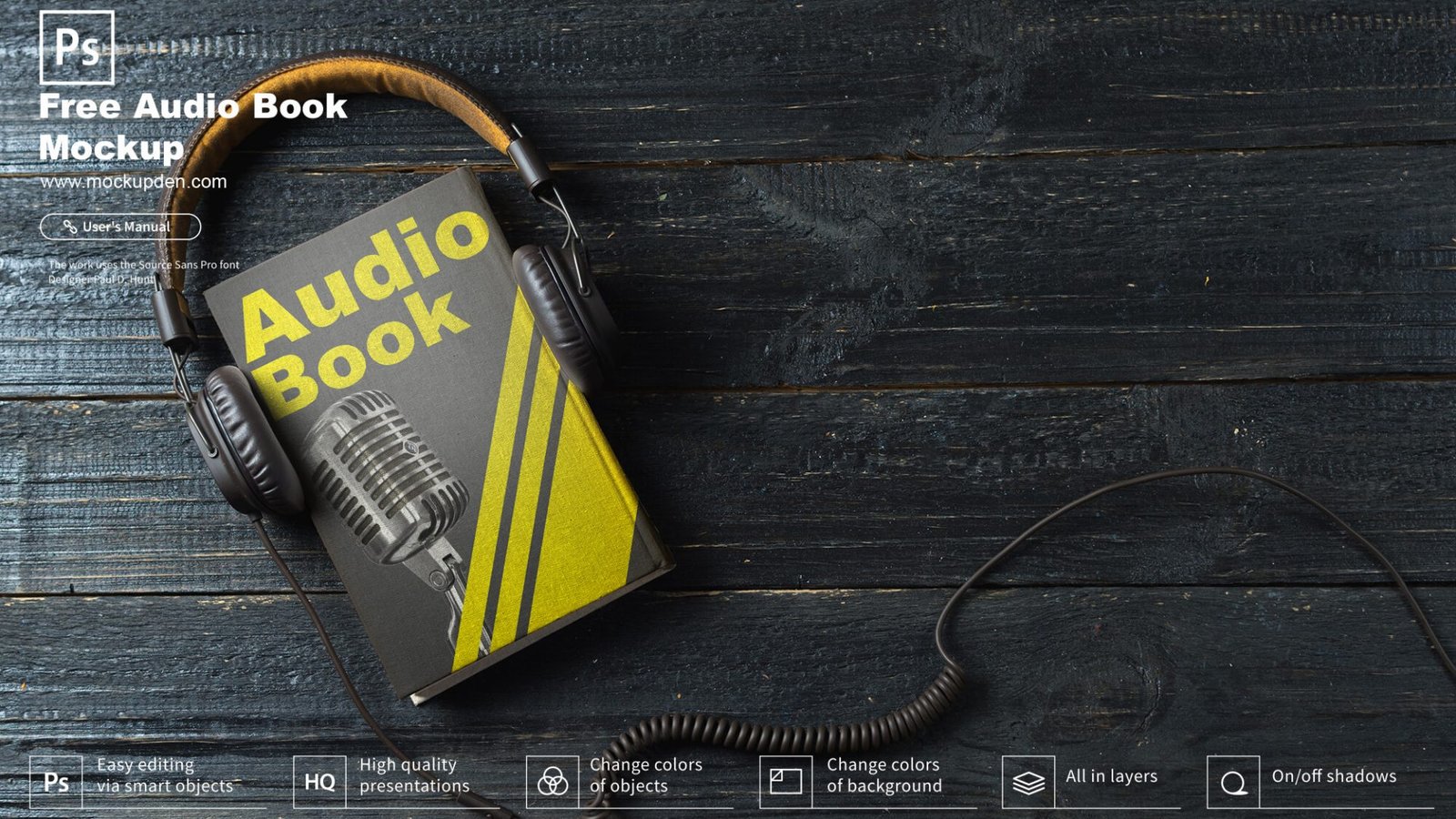
But other than those things, we're basically the same person. Also, my grandmother probably wouldn't have worn a leather dog collar as an accessory. JACOB TOBIA: Some days when I look in the mirror, I feel like I'm the spitting image of my grandmother, except that she was 5'3", and I'm 5'13", and I'm significantly hairier than she was. (SOUNDBITE OF AUDIOBOOK, "SISSY: A COMING-OF-GENDER STORY") But the way that Jacob Tobia performs their audiobook is so funny. And there's a lot of really deep stuff in this book. They talk about being assigned male at birth and then eventually discovering that they are nonbinary. WINCHESTER: Well, I really like "Sissy" by Jacob Tobia. What are some other memoirs that are really well-done when they're read by the author that you think the audience might be interested in? Just with the way that she performed the words, you know a lot about that relationship really quickly.įORD: Yeah.

And you also hear the deep layer of emotion. RASCOE: I mean, you can hear the personality in that, right?

(SOUNDBITE OF AUDIOBOOK, "SOMEBODY'S DAUGHTER")ĪSHLEY C FORD: When she said that thing to me, that I could always come home, part of me wanted to reply, mama, I love you, but I'll work myself past the white meat down to the bone and fist fight every stranger I run across on the street before we live under the same roof again. It's her talking about her mother but not actually doing the mom voice. It's really special the way that she does it. Ford, for example, reads her memoir, "Somebody's Daughter," and there's this little moment where she talks about her mom, and she does, like, her mom voice for her mom. WINCHESTER: Oh, it is the most amazing magic that I have ever heard. RASCOE: What about when authors read their own work? What has been your experience with that? And it all depends on their voice and their ability to communicate what the characters are feeling. And then they perform it, so it's like a one-person show performing this text. So whether it's a romance, a horror novel, a children's book, they have to set the right tone. WINCHESTER: Well, like I mentioned with Shaun Taylor-Corbett, the narrator has to capture the atmosphere of the book. So what makes for a good narrator of these books? Like, what makes someone stand out? I mean, I had always heard from - my uncle is a really big fan of audiobooks, right? But he is always very clear that you have to have a good narrator, and if you don't, the book will be horrible. RASCOE: OK, see, what - now, you know, I'm a horror person, so (laughter) I really need to check this out. And I normally am not a horror novel person, but Stephen Graham Jones has definitely made me one now. And a little while later, these men start being killed, and it's this whole mystery. You have these young men who have killed this elk, and according their customs, they are supposed to treat it in a certain way, and they don't. WINCHESTER: "The Only Good Indians" is an excellent audiobook because Shaun Taylor-Corbett captures the tense atmosphere of a thriller. What makes "Only The Good Indians," in your view, a good listen in addition to being, presumably, a good book? RASCOE: So first of all, tell us a little bit more about what we just heard. Kendra Winchester is a contributing editor for Book Riot, where she writes about audiobooks, and she joins us now from Hilton Head, S.C. According to my next guest, it's a really good audio book. RASCOE: That's Shaun Taylor-Corbett, the narrator of Stephen Graham Jones' thriller "Only The Good Indians" (ph).

SHAUN TAYLOR-CORBETT: What had it been like, sitting there while the buffalo flowed down through the air within arm's reach, bellowing, their legs probably stiff because they didn't know for sure when the ground was coming? What had it felt like bringing meat to the whole tribe?

(SOUNDBITE OF AUDIOBOOK, "THE ONLY GOOD INDIANS") Sometimes what you need isn't to read a good book it's to listen to one.


 0 kommentar(er)
0 kommentar(er)
